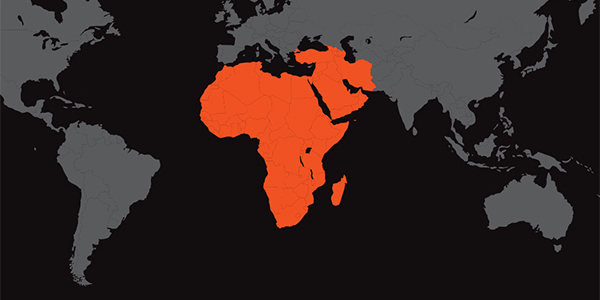Biobutanol is a very promising alcohol-based fuel that has higher energy density and less volatility than ethanol. Alcohol fuel is derived from the fermentation of sugars and other biomasses and it has many commercial uses. Alcohol fuels have been used for a long time, but new research is uncovering new potentials for alternative fuels.
The market for biobutanol alcohol fuel is estimated to be somewhere between 4 and 6 billion dollars as it currently develops.
According to Science Direct…
Alcohol-based fuels have been used in automotive applications for a long time. particularly as high-octane fuels for race cars. They burn more completely and thus produce lower emissions, although they are still hydrocarbon fuels. Two types of alcohol are distinguished: ethanol and methanol. Ethanol is the type of alcohol we drink and it can easily be produced from the fermentation of a range of different crops. In the mid-1970s the Brazilian Government launched the ‘Proalcool’ program as an import substitution project. In the wake of the oil crisis of 1973–4 Brazil felt it spent too much on importing oil to run its cars and a means was devised to substitute this with ethanol produced from sugar cane. Although the heyday of the program was in the 1980s, cars capable of running on alcohol were still being built in Brazil at the turn of the century. The program has been revived through the introduction of a new generation of bi-fuel petrol/alcohol vehicles into the Brazilian market (AEA, 2002). Brazilian carmakers now regard this technology as marketable elsewhere for compliance with tightening emission standards.
























